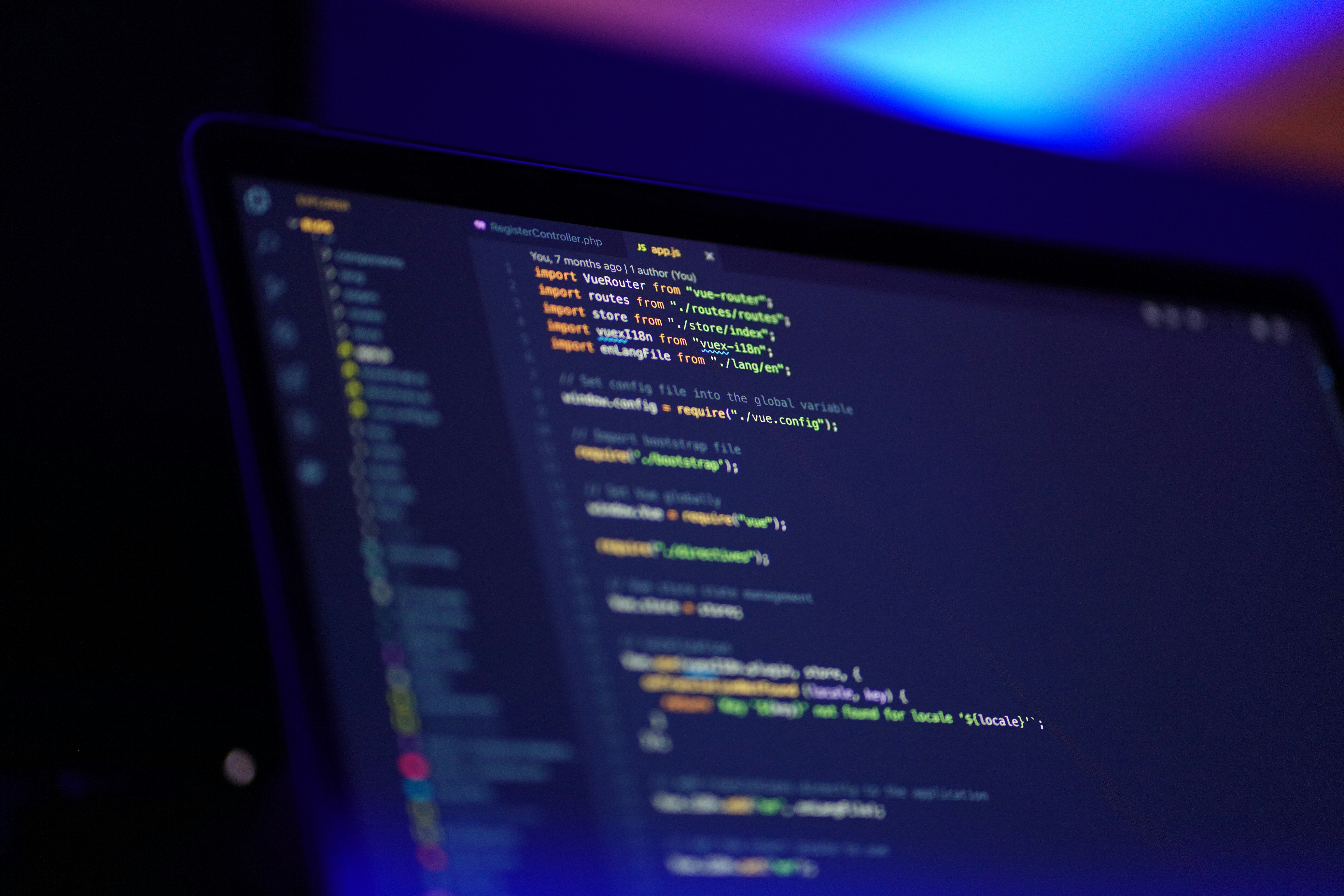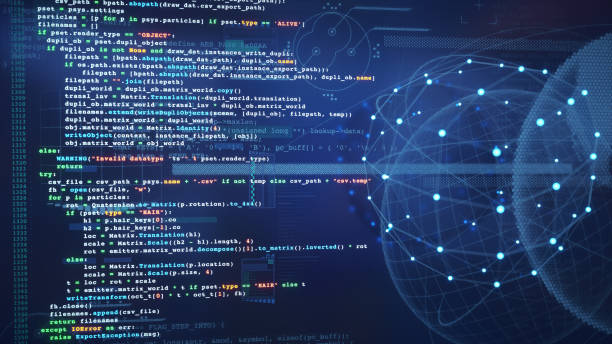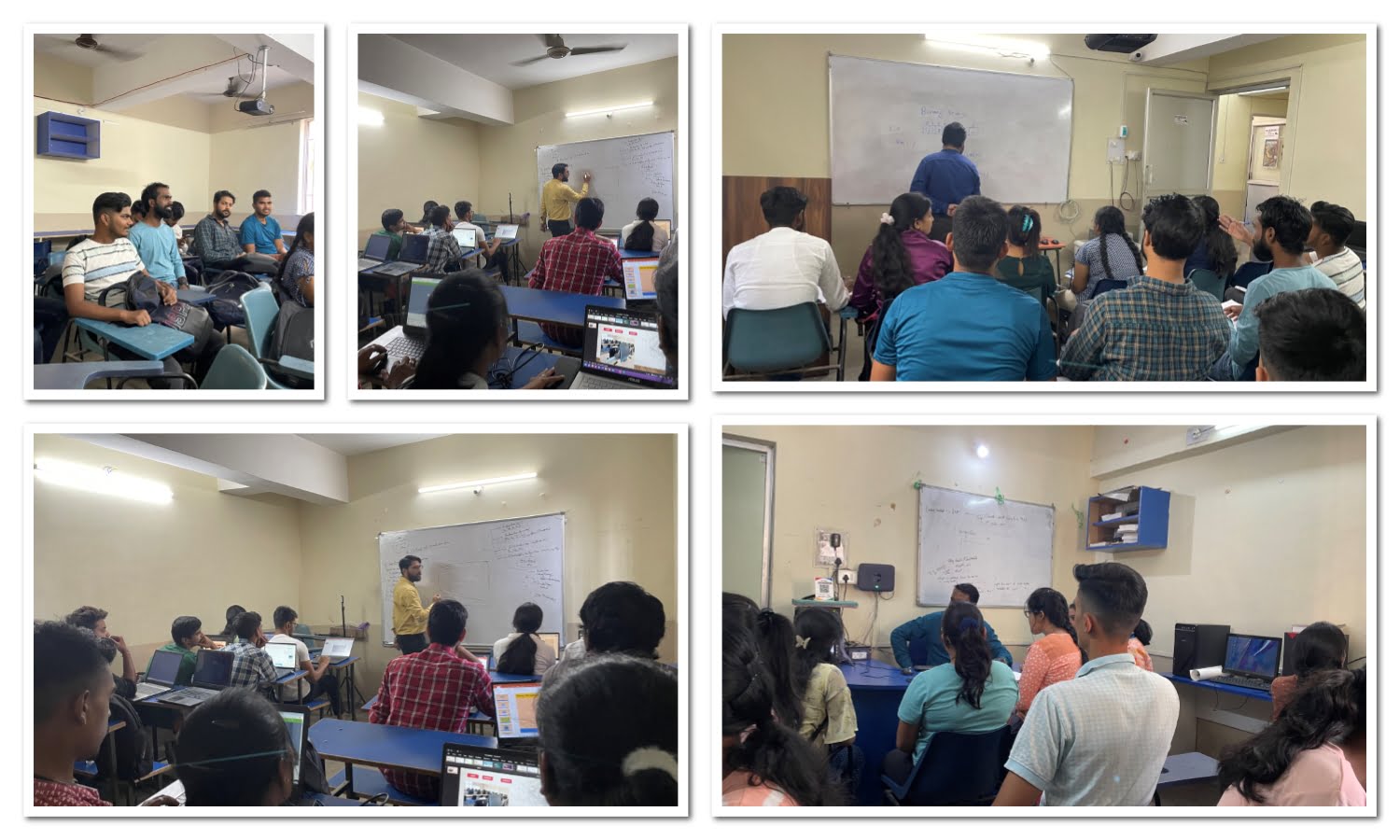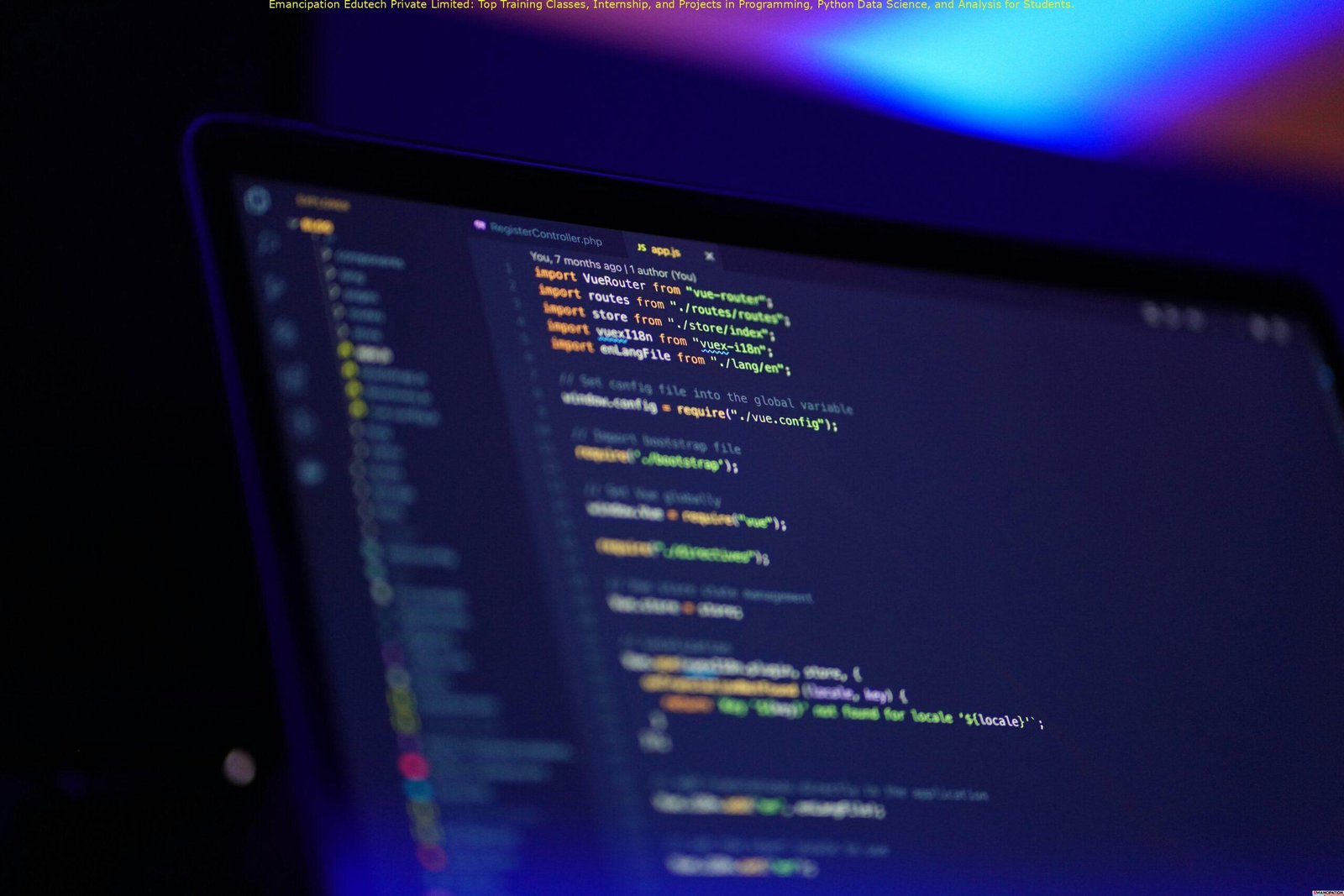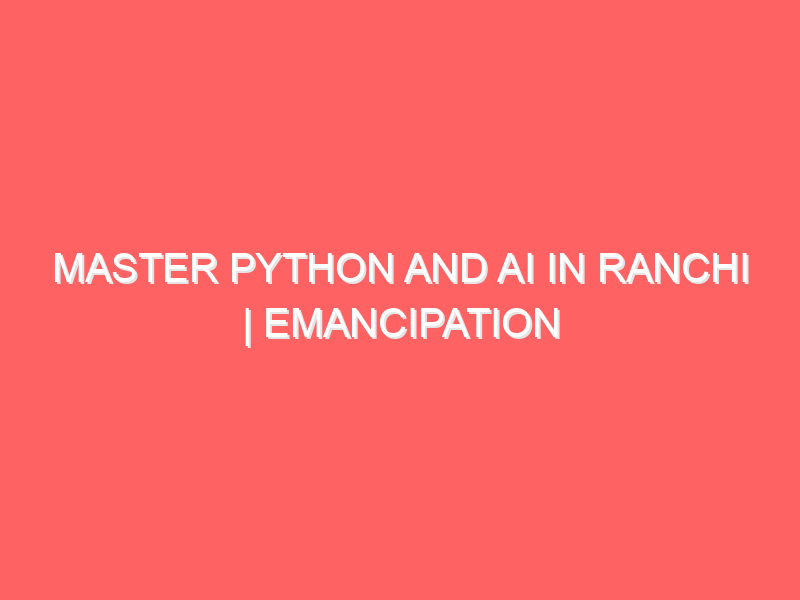
Why You Should Get IT Training: Building a Future-Ready Career with Emancipation
Why You Should Get IT Training: Building a Future-Ready Career with Emancipation In today’s fast-paced digital world, technology is everywhere. From smartphones and online banking to business operations and healthcare systems, IT (Information Technology) plays a crucial role in our daily lives. Because of this, the demand for skilled IT professionals is constantly increasing. If…

Your Complete IT Study Companion for Class 11 & 12 | Emancipation Edutech
Your Complete IT Study Companion for Class 11 & 12 | Emancipation Edutech In today’s technology-driven world, Information Technology (IT) is one of the most important subjects for Class 11 & 12 students. With proper guidance, it not only helps in scoring well in exams but also lays the foundation for higher studies and future…

Computer Science Courses for JAC Board Students 2025 | Emancipation Edutech
Computer Science Courses for JAC Board Students 2025 | Emancipation Edutech In today’s digital-first world, Computer Science (CS) has become one of the most important subjects for JAC Board students. With the growing demand for coding, programming, and problem-solving skills, learning Python, Java, C, C++, and Data Structures & Algorithms (DSA) early can give students…

Cyber Security with AI Integrated Training at Emancipation Plaza Chowk, Ranchi
Cyber Security with AI Integrated Training at Emancipation Plaza Chowk, Ranchi In today’s digital age, cyber security is no longer an option—it’s a necessity. From online banking to social media, every click generates data, and with data comes the risk of cyber threats. To combat these challenges, the future of protection lies in Artificial Intelligence…

Mobile Application Penetration Testing Training in Ranchi – Emancipation Edutech Pvt. Ltd.
Mobile Application Penetration Testing Training in Ranchi – Emancipation Edutech Pvt. Ltd. With smartphones becoming the center of our lives—banking, shopping, healthcare, learning, and communication—mobile applications handle a huge amount of sensitive data. Unfortunately, this also makes them a prime target for hackers. To stay secure, companies need experts who can test and fix vulnerabilities…

Web Application Penetration Testing Training in Ranchi – Emancipation Edutech Pvt. Ltd.
Web Application Penetration Testing Training in Ranchi – Emancipation Edutech Pvt. Ltd. In today’s digital world, web applications power businesses, education, healthcare, and e-commerce. But with the rise of online platforms, cyber threats have grown equally fast. This is where Web Application Penetration Testing (WAPT) comes into play. At Emancipation Edutech Pvt. Ltd., Ranchi, Jharkhand,…

VAPT (Vulnerability Assessment & Penetration Testing) Training at Emancipation Edutech Pvt. Ltd., Ranchi
In the age of digital transformation, cybersecurity has become one of the most crucial aspects for businesses, governments, and individuals. With cyber threats increasing every day, organizations need skilled professionals who can identify vulnerabilities and protect digital infrastructures. To meet this demand, Emancipation Edutech Pvt. Ltd., Ranchi, introduces VAPT (Vulnerability Assessment & Penetration Testing) training…

Master Ethical Hacking Version 13 at Emancipation Edutech Pvt. Ltd.
Master Ethical Hacking Version 13 at Emancipation Edutech Pvt. Ltd. In today’s digital era, cyber security has become a necessity for individuals, businesses, and organizations. With increasing cyber threats, the demand for ethical hackers is at an all-time high. To bridge this gap, Emancipation Edutech Pvt. Ltd. proudly introduces Ethical Hacking Version 13, a comprehensive…

Master Python and AI in Ranchi | Emancipation Edutech
Master Python and AI in Ranchi | Emancipation Edutech Meta Description (≤160 chars):Master Python & AI at Emancipation Edutech, Ranchi. Learn coding, machine learning, and AI with real projects, expert mentors, and career-focused training. Why Learn Python and AI? In today’s digital era, Python and Artificial Intelligence (AI) are among the most in-demand skills across…

Coding & Programming Courses in Ranchi | Emancipation Edutech
Coding & Programming Courses in Ranchi | Emancipation Edutech Meta Description (≤160 chars):Join Emancipation Edutech, Ranchi’s top coding institute. Learn Python, Java, Web Development & Data Science with job-ready skills and placement support. Why Coding & Programming Skills Matter Today In today’s digital-first world, coding is no longer just for engineers. Whether you want a…

